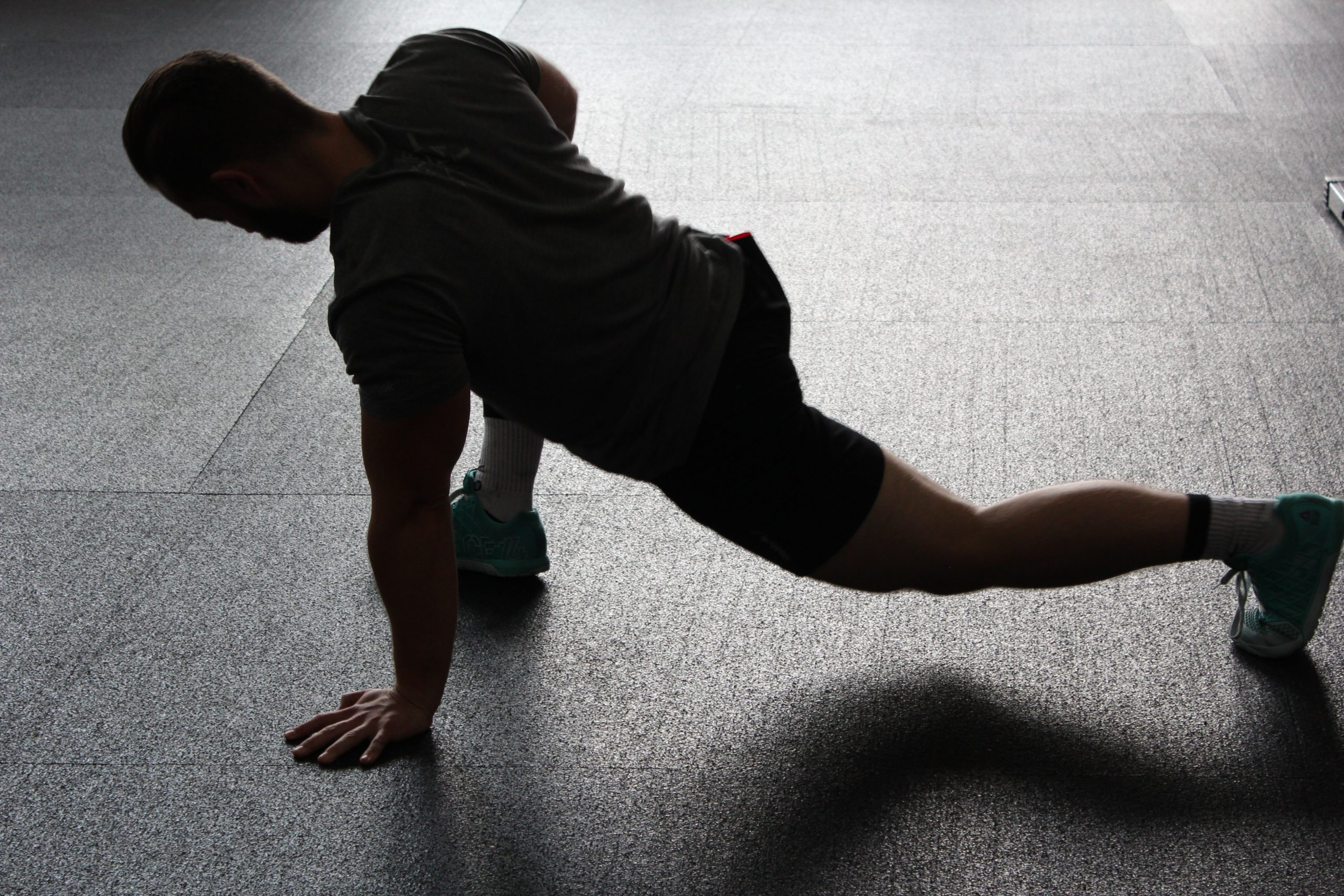For Your Safety - Screening, masks, and sanitation will continue to be implemented at our facility. Please see our blog post for more information.
Many people use physiotherapy and athletic therapy interchangeably. However, these are two separate professions. But we get it. It’s confusing.
If you aren’t a physiotherapist or athletic therapist, you might wonder what exactly is the big difference between the two. In this article, we’re going to lay it all out. That way, you’ll know which is the best choice for you and your pain or injury.
What is Athletic Therapy?
The Canadian Athletic Therapists Association (CATA) states, “Certified Athletic Therapists are best known for their quick-thinking on-field emergency care of professional and elite athletes. The first to respond when someone gets hurt, they are experts at injury assessment and rehabilitation.”
However, athletic therapists aren’t confined to just on-field emergency care. They also help in the prevention of injuries by helping with physical conditioning, functional movement programs, postural analysis, and sport-specific training. As such, they can work in a clinical setting, assessing and treating various injuries.
A bachelor degree along with the completion of an athletic therapy program (CATA accredited) and passing the National Certification Examination is required to become a Certified Athletic Therapist.
Who Needs Athletic Therapy?
Athletic therapists primarily deal with athlete injuries. Yet, they also treat soft tissue injuries, repetitive strains, pre and post surgical conditions, workplace injuries, and everyday aches and pains.
What is Physiotherapy?
Physiotherapy is a very similar profession to athletic therapy, giving way to various confusion about which is which. Physiotherapists assess and treat injuries and musculoskeletal conditions through manual therapy, modalities, and prescribed exercises.
The main goal of a physiotherapist is to restore, maintain, or improve a patient’s function, mobility, or strength. When it comes to physiotherapy, in particular, movement is a huge part of most treatment protocols, helping the body use its innate healing mechanisms and bounce back stronger than before.
A registered physiotherapist must complete a bachelor degree and then a masters in physiotherapy, along with proper examination, to practice physiotherapy in Canada.
Who Needs Physiotherapy?
Physiotherapy can help individuals with conditions and injuries, including:
- Arthritis
- Fibromyalgia
- Sprains and Strains
- Pre and Post Surgery Rehab
- Back and Neck Pain
- Rotator Cuff Injuries
- Tendonitis
- Bursitis
- Concussions
- Whiplash
- Neuromuscular Disorders
- And more!
You also don’t need to be injured to visit a physiotherapist. Physiotherapy can help those who are looking to improve their fitness or general daily function.
What is the Difference Between Physiotherapy and Athletic Therapy?
Typically, physiotherapists and athletic therapists work together. They are also both patient-centred and also both focus on rehabilitation techniques.
The main difference between physiotherapy and athletic therapy is that physiotherapists tend to focus on musculoskeletal issues, neuromuscular issues, and cardiovascular issues. Meanwhile, athletic therapists focus on mostly musculoskeletal issues, as well as providing immediate emergency care on field.
Overall, athletic therapists tend to have more exposure to sporting environments. In contrast, physiotherapists cover a broader range of issues, which means they can also help individuals dealing with multiple injuries or disorders.
At Corydon Physiotherapy, we are thrilled to offer physiotherapy services to the Winnipeg community. Whether you’ve recently experienced a sports injury, you have nagging back pain that just won’t quit, or you’ve been diagnosed with a neuromuscular or musculoskeletal disorder, we can help.
Book your appointment today by calling us at (204) 925-0380, emailing us at corydonp@mymts.net, or by using our self-serve online booking system.

